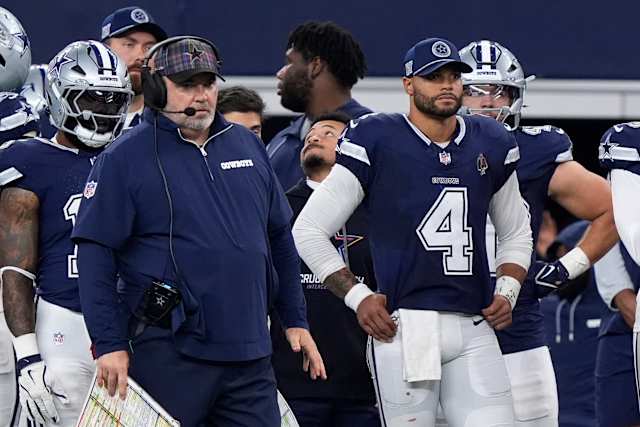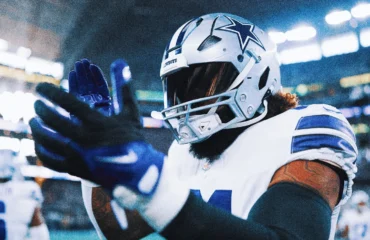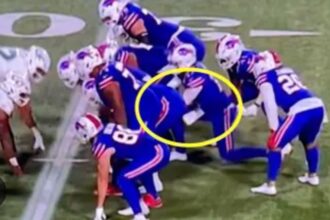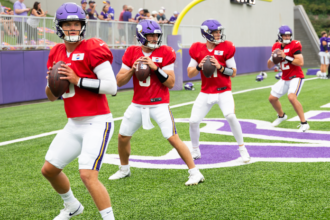The stock price of the Dallas Cowboys’ front office is currently at a low, as the team holds a 3-3 record heading into their bye week, accompanied by numerous concerns. Many fans attribute the team’s struggles to an inactive offseason, and when Jerry Jones is asked about it, his responses often seem to exacerbate the situation. Criticizing the front office has become the “cool” thing to do lately.
While there are valid complaints, sometimes the front office faces unwarranted criticism. This past week, the trade of former Cowboys wide receiver Amari Cooper from the Cleveland Browns to the Buffalo Bills reignited frustrations among fans who believe the Cowboys front office mishandled the situation regarding Cooper.
Today, we’re here to explore whether the Cowboys truly mishandled the situation with Amari Cooper. Do the varying compensations from his trades indicate poor negotiation skills by the Cowboys’ front office, or are there other factors at play that might be overlooked? Let’s take a closer look at each trade and determine for ourselves.

Trading for a star wide receiver
The Cowboys’ offense struggled significantly in the early part of the 2018 season. After releasing Dez Bryant in the offseason, the team found its patchwork replacements inadequate, ranking fourth worst in passing yards and entering their bye week with a 3-4 record.
In response, the front office made a decisive move by trading a 2019 first-round pick to the Oakland Raiders for Amari Cooper. The former Alabama standout had been the fourth overall pick in the 2015 NFL Draft and began his career with two consecutive 1,000-yard seasons. However, his production declined, and after the Raiders lost five of their first six games in 2018, Cooper became a prime trade candidate. At just 24 years old and with a solid track record, he was seen as worth a first-round draft pick.
Cooper had an immediate impact on the Cowboys’ passing game, helping the team finish the regular season at 7-2. Over the next two seasons, he accumulated over 1,100 receiving yards before experiencing a slight decline in 2021, as CeeDee Lamb emerged as the team’s top wide receiver.
A change in plans
Cooper was considered “worth a first” because the Cowboys had a year and a half of player control, including a fifth-year option, and they intended to extend his contract, which they did in 2020. However, they didn’t anticipate that CeeDee Lamb would fall into their laps during the draft that same year. After two seasons together, it became evident to the Cowboys where their financial priorities lay, leading to the decision to part ways with Cooper in 2022.
Although Cooper still had three years remaining on his contract, all the guaranteed money had been cleared from the Cowboys’ books. Dallas would have released him if the Cleveland Browns hadn’t shown interest. Due to his $20 million annual salary, Cooper wasn’t likely to fetch a high price in draft capital, with the best offer being a fifth-round pick.
Some may argue that this was one of the organization’s worst trades, but it’s essential to consider the Cowboys’ options. They could either keep him and pay $20 million a year or move on and reallocate those resources elsewhere. While there’s no doubt that Cooper would have improved the team, the front office believed that reallocating those funds would ultimately make them a stronger unit. Regardless of one’s stance, this trade isn’t as egregious as many perceive it to be.
An 11-game rental





